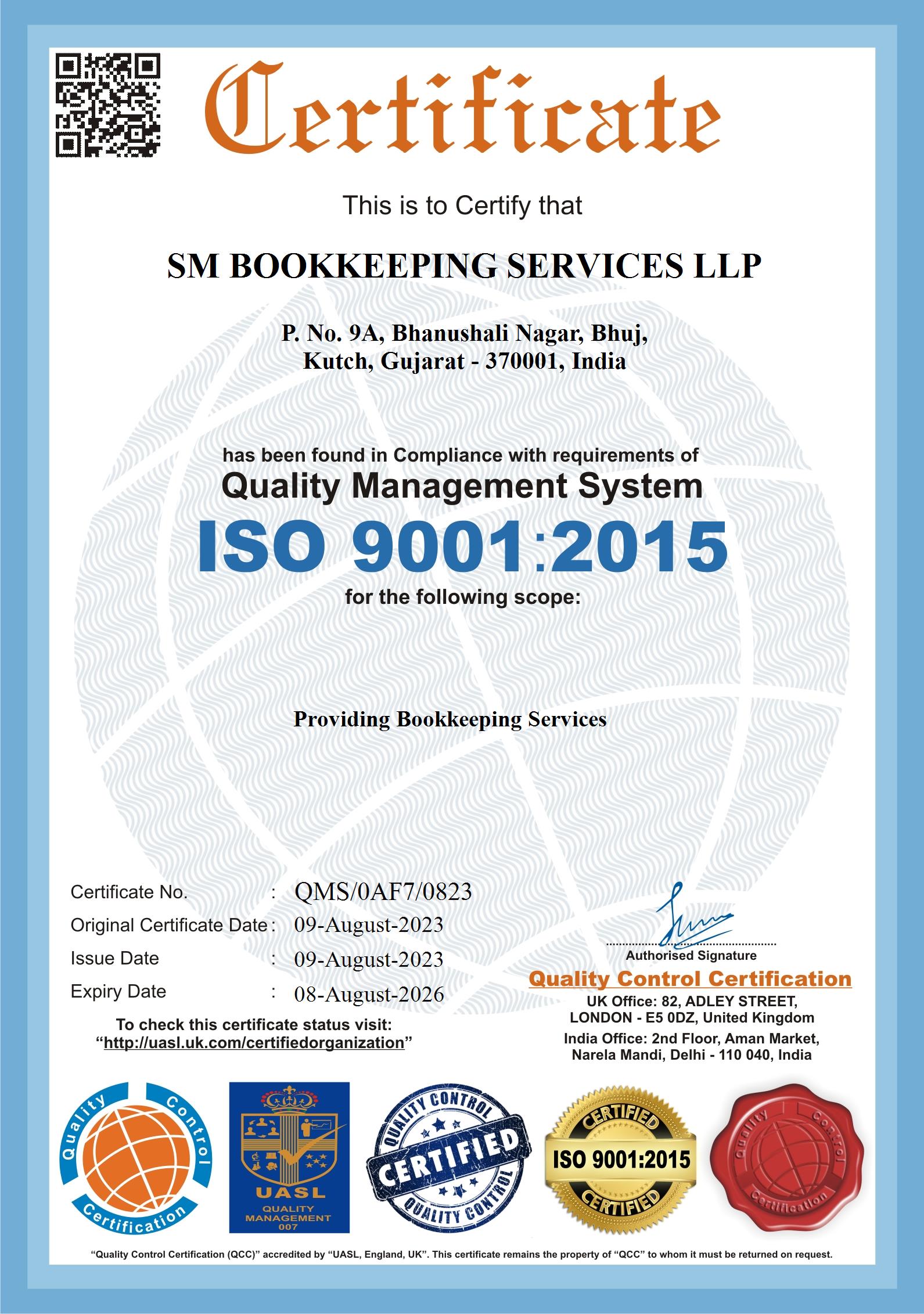Separation of Personal & Business Finances: A Guide for Small & Medium-Sized Businesses

Separation of Personal & Business Finances: A Guide for Small & Medium-Sized Businesses
One crucial aspect often overlooked by entrepreneurs is the separation of personal and business finances.
Introduction
Running a small or medium-sized business is a rewarding endeavor, but it comes with its share of financial challenges. One crucial aspect often overlooked by entrepreneurs is the separation of personal and business finances. In this blog post, we'll delve into why this separation is vital and how to navigate the intricacies involved.
Why Separation is Crucial
Protecting Personal Assets
One of the primary reasons to separate personal and business finances is to protect your personal assets. When these finances are intertwined, your personal savings, property, and investments are at risk in the event of business debts or legal issues. By maintaining separation, you create a financial barrier that shields your personal wealth.
Legal Compliance
Most countries have strict legal requirements for business entities, such as LLCs or corporations. Failure to separate personal and business finances can jeopardize your legal standing, potentially resulting in fines or even the dissolution of your business.
Accurate Financial Reporting
Effective separation of finances ensures accurate financial reporting. This is crucial for investors, lenders, and even potential buyers who may want to assess the financial health of your business. It also simplifies tax filing, making it less prone to errors.
Steps to Achieve Separation
Opening a Business Bank Account
To begin the separation process, open a dedicated business bank account. This account should be solely used for business transactions. Avoid using it for personal expenses, and vice versa. This simple step lays the foundation for separation.
Keeping Detailed Records
Maintain meticulous records of all financial transactions related to your business. This includes invoices, receipts, and expense reports. This level of detail not only ensures separation but also makes financial analysis and tax preparation more straightforward.
Paying Yourself a Salary
Rather than withdrawing funds from your business account haphazardly, establish a salary for yourself as the business owner. This regular paycheck should cover your personal expenses, while the rest of the business profits remain within the company.
Tax Implications
Deductible Business Expenses
By separating finances, you can take advantage of tax benefits. Business-related expenses become deductible, reducing your overall tax liability. This can result in significant savings over time.
Tax Efficiency
Separation simplifies tax filing and auditing processes. With clean, well-organized financial records, you're less likely to face tax-related issues or audits.
Benefits of Separation
Improved Financial Clarity
Separation provides a clear view of your business's financial health. You can easily track income, expenses, and profits, which is essential for making informed decisions and strategizing for growth.
Easier Business Growth
When your finances are in order, securing funding or attracting investors becomes more achievable. A well-organized financial structure can be a selling point for potential partners or lenders.
Enhanced Credibility
A business that separates its finances demonstrates professionalism and responsibility. This can enhance your credibility in the eyes of customers, partners, and stakeholders.
Common Pitfalls to Avoid
Mixing Funds
One common pitfall is mixing personal and business funds, which blurs the line between the two. Avoid this by adhering strictly to your separation strategy.
Neglecting Record-Keeping
Inadequate record-keeping can lead to financial confusion and legal issues. Regularly update and maintain your financial records to avoid this pitfall.
Ignoring Tax Obligations
Failing to meet tax obligations can have severe consequences. Always ensure you're in compliance with tax laws to protect your business's reputation and financial stability.
Regular Financial Check-Ins
Schedule regular financial check-ins to assess the state of your business. This practice can help you identify and address any potential issues early on.
Utilizing Accounting Software
Invest in accounting software that simplifies financial management. These tools can streamline the separation process and provide valuable insights into your business's financial performance.
Conclusion
In the competitive world of small and medium-sized businesses, the separation of personal and business finances is a fundamental practice. It offers protection, legal compliance, and financial clarity, contributing to your business's growth and credibility. By following the steps and avoiding common pitfalls outlined in this guide, you can navigate this critical aspect of entrepreneurship successfully.
FAQs
Effective management of AR is crucial for SMBs across the globe. Here's why:
How does separating personal and business finances benefit my business?:
Separation protects personal assets, enhances legal compliance, and simplifies financial reporting and tax filing.
What are the potential consequences of mixing personal and business finances?
Mixing funds can risk personal assets, legal issues, and financial confusion.
Is it necessary to pay myself a salary as a business owner?
Paying yourself a salary helps maintain clear separation and covers personal expenses.
How can accounting software assist in financial separation?
Accounting software streamlines financial management and ensures separation is maintained.
What role does financial clarity play in business growth?
Financial clarity facilitates informed decisions, attracts investors, and enhances credibility, all of which contribute to business growth.
